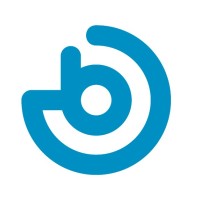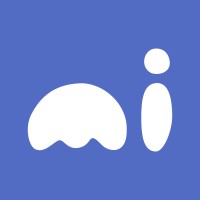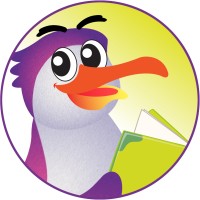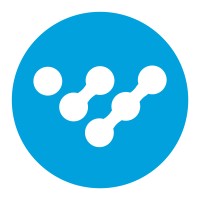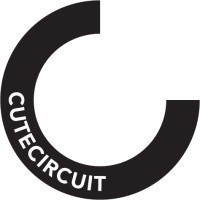Innovacció 2030: Open call Ludoteca Guitard
Barcelona wants to become universally accessible and therefore is working to remove barriers and adapt public spaces, services, and municipal facilities to accommodate the diverse needs of its citizens. The district of Les Corts has been working for many years through its actions, projects, equipment, and services to remove all obstacles and limitations for people with disabilities in order to become a socially responsible, accessible and inclusive area. The main objective is to contribute to the improvement of the conditions and quality of life of the most vulnerable people.
Today, the district is working to guarantee this access in all areas. The Guitard Children’s Playroom (or Ludoteca Guitard as it is in Spanish) was inaugurated in 2010 and is a strategic facility in the neighbourhood, offering a space for games and educational leisure, not only to children but also to their families and/or guardians.
There is a need to make Ludoteca Guitard truly accessible to all users, regardless of any specific needs they may have. To respond to this challenge, we seek innovative technological solutions to ensure people with different disabilities can enjoy an adapted and inclusive sensory experimentation space.
The solutions can cover, for example, digitised equipment for leisure activities and/or cultural activities, tools to ensure that all visitors can use the space — in all senses —, proposals for new games or adaptation of traditional games to foster inclusion and promote interaction between children and their families.
Meet the semi-finalists

Eneso
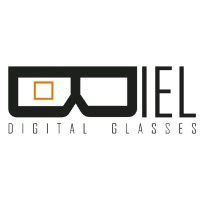
Biel Glasses
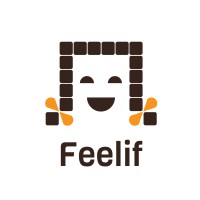
Feelif
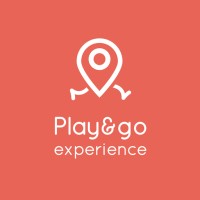
Play and go
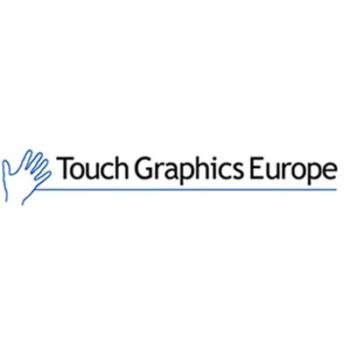
Touch graphics eu
The challenge
Ludoteca Guitard develops activities aimed at children, pre-adolescents, and their families throughout the year, including during holiday periods, and also contributes towards neighbourhood leisure organisations and city inclusion projects. Therefore, spaces like Ludoteca Guitard are suitable for testing innovative solutions. The technological solutions we seek with this call should be designed to allow children with any type of disability (physical, mental, visual and/or auditory) as well as their families, to play and interact with other children and families, thus guaranteeing the right to universal access to public services.
On average, around five to six people with disabilities use Ludoteca Guitard throughout the year. We want to prevent the number of users with disabilities depending on the level of accessibility. Therefore, it is essential we work to ensure it is an open space, adapted to all possible users, and to ensure activities can be enjoyed and carried out successfully.
The project will contribute towards the achievement of the following SDGs:
SDG 3 – GOOD HEALTH AND WELL-BEING / SDG 4 – QUALITY EDUCATION / SDG 9 – INDUSTRY, INNOVATION AND INFRASTRUCTURE / SDG 10 – REDUCED INEQUALITIES / SDG 11 – SUSTAINABLE CITIES AND COMMUNITIES
The proposed solutions must have a level of technological development equal to or greater than TRL 6 (Technology Readiness Level) and be both technically and economically viable to implement through a pilot. The winning solution will be piloted at Ludoteca Guitard. Solutions that have scalability potential and whose management is as autonomous/independent as possible will be positively valued.
Adapting the flexibility of spaces:
– Providing multi-sensory or immersive space(s) for relaxation and exploration: flexible rooms that offer sensory experiences (touch, smell, hearing, sight) to stimulate senses and capacities, offering a range of different educational channels and means of environmental experimentation.
– Adapting the space to make it accessible at a communicative level (accessible signs and messaging).
Adapting materials:
– Toys, games, and tools that promote cooperative learning and educational leisure.
– New games, or adaptation of traditional games from a perspective of inclusion, which incorporate technology to stimulate the senses and communication.
Accessible communication:
– Solutions that facilitate communication for people with visual (low vision, blind), intellectual and/or hearing disabilities.
– Other types of tools for accessible communication with different groups.



Key dates
How to participate
FAQs
The population of Barcelona with a recognized disability represents 9.28% (151,814 people) of the total population of the city (1,636,762 people).
Only in Les Cort we find 7,002 people with disabilities. Through actions aimed to children with disabilities, we can also reach their families and broaden the scope of people who will benefit.
This call for solutions seeks to identify and test innovative technology solutions that will remove barriers and adapt public spaces, services and municipal facilities taking into account the different needs of people.

